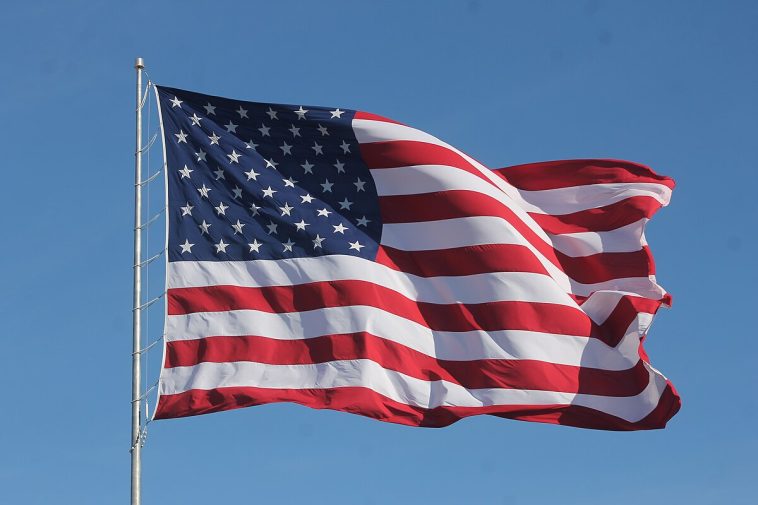Introduction.
If you’re planning to study in the United States, getting your student visa is a crucial part of the journey.
It’s not just about filling out forms and paying fees. One of the most important parts of the process is the student visa interview.
This is your chance to make a strong, personal impression on the visa officer and show that you are a genuine student with a clear academic plan.
The USA student visa interview can feel intimidating but don’t worry—preparing well can significantly improve your chances of success.
I’ve put together this guide to walk you through everything you need to know, from what to expect at the interview to tips on how to stand out.
By the time you finish reading, you’ll feel confident and ready to tackle the interview like a pro. So, let’s dive into the details!
Why Is the Student Visa Interview So Important?
The student visa interview is the final step before you get your visa approved. The consular officer will ask you questions to assess your eligibility for a student visa and your intentions in the U.S.
Their job is to ensure that you are coming to the country for legitimate educational purposes and that you plan to return to your home country after your studies.
Here’s the thing: thousands of students apply for U.S. student visas each year, and the officers are looking for specific answers.
They want to know that you have a clear purpose and that you’ve done your homework on the school and program you’ve chosen.
This is a big decision, so the interview is a chance to show you’re committed to making the most of your time in the U.S.
How Do I Prepare for My Visa Interview?
Now that you understand why the interview is so important, let’s break down how to prepare for it.
1. Review Your Application Materials
Before you even think about stepping into the embassy or consulate, make sure all your application materials are in order. The documents you’ll need typically include:
- DS-160 Confirmation Page: This is your online visa application form that you need to complete and submit.
- Visa appointment confirmation: You will schedule an interview at the U.S. embassy or consulate in your country.
- Passport: Make sure your passport is valid for at least six months beyond your intended stay in the U.S.
- Visa Fee Receipt: You will need to pay the non-refundable visa application fee.
- I-20 or DS-2019 Form: This is the Certificate of Eligibility for Nonimmigrant Student Status, provided by your U.S. school.
- Proof of Financial Support: Bank statements, affidavits, or financial guarantee letters to prove you can support yourself while studying.
Check everything thoroughly to ensure there are no discrepancies between your documents and your application.
2. Know Your School and Program Inside and Out
The visa officer is likely to ask you specific questions about the school you’re attending and your course of study. They may ask questions like:
- Why did you choose this particular university?
- What program are you studying, and why is it important to your future career?
- What are your plans after completing your degree?
You should be able to answer these confidently, showing that you’ve researched your school and program thoroughly. Be specific about how the program fits with your career goals, and why it’s the right choice for you.
3. Prepare for Common Interview Questions
Although every interview is unique, there are some common questions that most students will face. Here are a few examples:
- Why do you want to study in the U.S.?
- How did you choose this university or college?
- What are your long-term career goals?
- Who is financing your education?
- Do you have any family members or friends in the U.S.?
Make sure your answers are clear and direct. The goal here is to show that you’re a serious student and that you understand the purpose of your stay in the U.S.
4. Show Strong Ties to Your Home Country
One of the most critical aspects of the interview is proving that you plan to return to your home country after finishing your studies.
Visa officers need to see that you have strong ties to your home country that will encourage you to come back. This can include:
- Family members (parents, siblings, etc.)
- Job opportunities waiting for you after graduation
- Property or assets in your home country
Make sure to emphasize these ties during the interview, as it shows you’re not planning to overstay your visa.
5. Practice Your Answers and Stay Calm
Preparation is key, but it’s also essential to stay calm and confident during the interview. Practice answering common questions in front of a mirror or with a friend. The more you practice, the more comfortable you’ll feel when the day arrives.
Also, don’t worry if you don’t get asked every single question you prepared for. Just be honest and concise, and focus on making a good impression with your answers.
6. Dress Professionally
While there’s no strict dress code for a U.S. visa interview, it’s a good idea to dress professionally. Aim for business casual attire—nothing too flashy or too casual. First impressions matter, so showing up well-dressed demonstrates that you take the interview seriously.
7. Arrive Early
Visa interviews can be nerve-wracking, so it’s best to arrive early to avoid any stress. Plan your journey carefully, and leave yourself enough time to get to the consulate or embassy on time.
Once you’re there, don’t forget to stay calm and respectful. It’s a professional environment, and your attitude counts just as much as your answers.
FAQs
How long does the student visa interview take?
The interview itself typically lasts around 5 to 10 minutes. The officer will ask a series of questions to gauge your eligibility, but the process is usually quick.
Can I bring a family member to the interview?
Generally, only the applicant is allowed in the interview room. Family members may be allowed in the waiting area, but not during the actual interview.
What happens if I don’t get my visa approved?
If your visa is denied, the officer will provide you with a reason. You may be able to reapply later, depending on the situation, or you may need to address any issues that caused the denial before reapplying.
Do I need to know everything about my U.S. university?
You don’t need to know every little detail, but you should be able to talk confidently about your program, why you chose that school, and your long-term career goals. Officers appreciate students who are well-prepared and focused on their studies.
Further Resources
To make sure you’re fully prepared, here are some useful resources:
- U.S. Department of State: Student Visa Information
- U.S. Embassy or Consulate Website
- Study in the USA – Comprehensive Guide
Conclusion
Getting ready for a USA student visa interview doesn’t have to be stressful. With the right preparation, you can walk in with confidence and show the officer that you’re a serious, dedicated student ready to make the most of your education. The key is to stay organized, be honest, and remain calm.
So, are you ready to take the next step toward studying in the U.S.?





GIPHY App Key not set. Please check settings